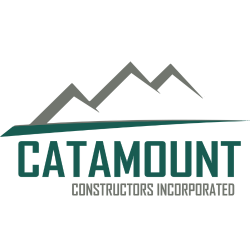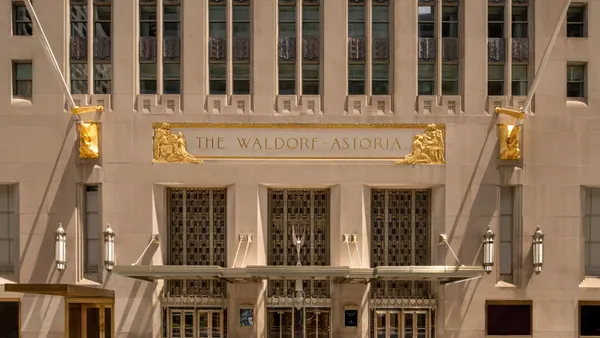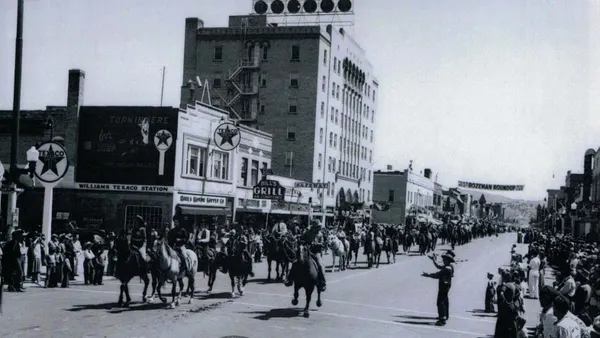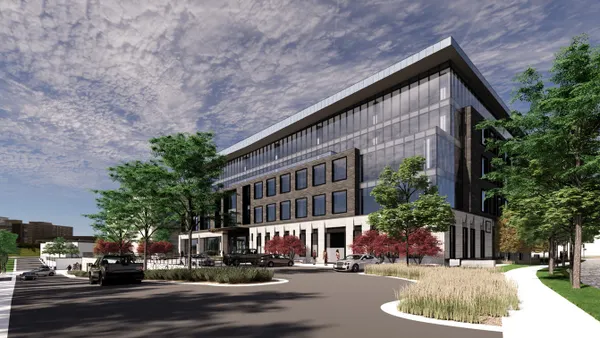
An article from


Editor's Note: The following is a guest contribution from Bruce Jervis, editor of Construction Claims Advisor.
A construction project experiences “excusable delay” when the delay is caused not by the project owner and not by the contractor, but by factors beyond the control and without the fault of either party. The most common examples are extreme weather and problems caused by third parties. Generally, construction contacts call for an extension of the performance period, but no additional compensation, for excusable delay.
When excusable delay is concurrent with owner-caused compensable delay, it effectively cancels the contractor’s entitlement to additional compensation. The rationale is that the contractor would have been unable to work anyway due to the excusable delay, so the contractor incurred no increased costs as a result of the owner-caused delay. There is an exception to this rule, however.
On a recent federal project, the government argued that any delay it had caused was concurrent with excusable delay resulting from problems with a third-party utility. It was found, however, that the government had failed to obtain necessary easements prior to construction and had intentionally misled the utility during discussions. The government had acted unreasonably and in bad faith. This entitled the contractor to delay compensation notwithstanding any concurrent excusable delay the contractor may have experienced.
This exception seems to be an appropriate sanction in the case of intentional, bad faith behavior by the project owner. But a standard of “unreasonable” delay is vague and uncertain in its application. And in any event, allowing recovery of additional compensation in the face of concurrent excusable delay ignores the fundamental legal requirement of causation of damages.













